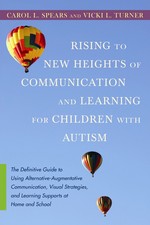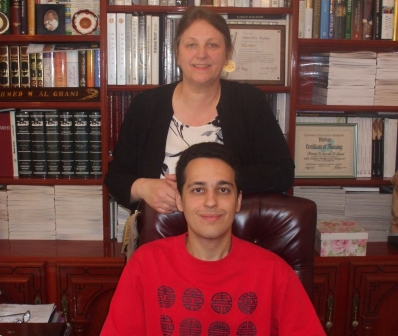Rising to New Heights of Communication and Learning for Children with Autism – An Interview with Carol Spears and Vicki Turner
Carol L. Spears and Dr. Vicki L. Turner are Speech Language Pathologists, Assistive Technologists, and Alternative/ Augmentative Communication Specialists. Here, Carol and Vicki answer some…








